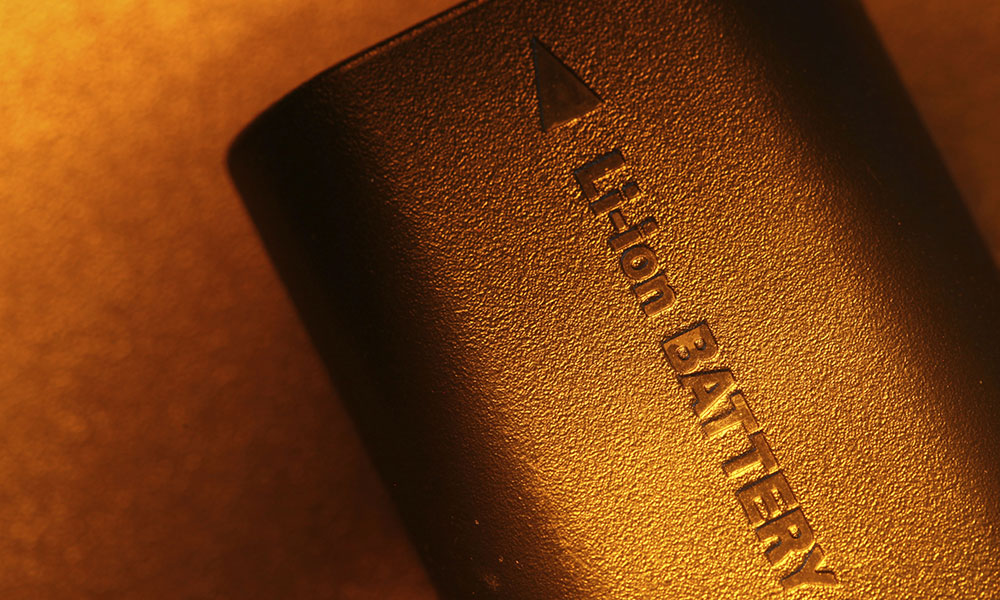
Rechargeable Battery Group Backs Tighter Shipping Standards
Concerns about lithium-ion batteries overheating during shipping have prompted a key trade group to throw its weight behind a United Nations plan to standardize the handling process for these often-volatile shipments.
Whether in phones, laptops, or video games, lithium-ion batteries are a fact of life for most travelers, who generally don’t need to worry about them other than to remember to bring along a charger.
But delivering them in bulk is another matter. Although the batteries are small, they create a fire hazard when shipped in large numbers because they can overheat. Overheating poses a danger for individual consumers but is potentially disastrous for a plane carrying a battery shipment that numbers in the thousands.
While battery fires are rare, Dow Jones Business News notes that they have led to at least two major plane accidents in the past two years, and such a fire was named a contributing factor in the crash of an Asiana Airlines Boeing 747 flight in 2011.
PRBA: The Rechargeable Battery Association, which represents the $12 billion industry, is supporting efforts by the United Nations International Civil Aviation Organization to improve safety in battery shipping. At an October meeting, ICAO’s Dangerous Goods Panel will consider a number of proposed new shipping standards.
“A performance-based standard will have a substantial impact on PRBA members, the lithium battery industry generally, and the thousands of shippers and carriers involved in the transport of lithium batteries by air,” PRBA Executive Director George Kerchner said in a statement last week.
The Federal Aviation Administration has been involved in crafting the ICAO standards “and will continue to provide technical information and expertise,” according to an Associated Press (AP) report.
The International Air Transport Association, the U.S. Postal Service, and most recently the U.S. Department of Transportation have implemented their own standards in anticipation of the ICAO rules.
ICAO’s work comes as battery manufacturers are facing challenges from the airline industry, particularly from Boeing, which last month warned its passenger-plane customers to be wary of accepting battery shipments “until safer methods of packaging and transport are established and implemented,” a Boeing spokesman told the AP.
(iStock/Thinkstock)






Comments